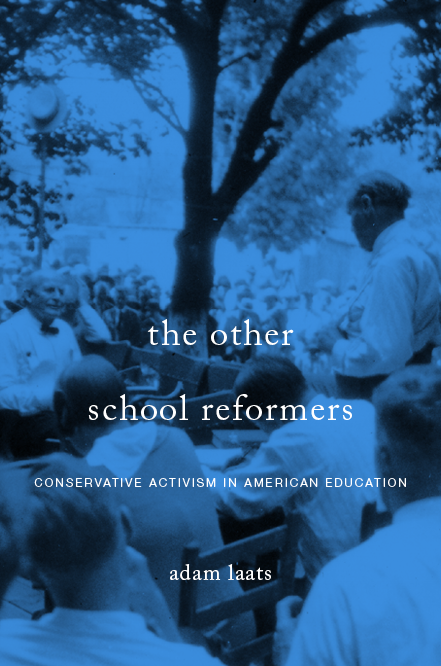Education-watchers have long focused on the politics of education in the Lone Star State. From The Revisionaries to Rod Paige’s skewed statistics, Texas education often serves as a harbinger of education trends nationwide.
Nowhere is this more true than in the touchy issues of education culture wars.
Yesterday’s election put one more conservative voice on Texas’ 15-member State Board of Education.
Marty Fowler of Amarillo won a resounding victory over Steven Schafersman. The politics of the two candidates demonstrate what Texas voters in district 15 want out of their public schools.
Schafersman went down to defeat with his pro-mainstream science, pro-sex ed platform. According to mywesttexas.com, Schafersman, “a practicing scientist in the petroleum industry with 23 years of college teaching experience, said he ran for the board because he wants students to have unbiased, factual and scientific textbooks and increase[d] knowledge about contraception.”
Schafersman won a measly 20% of the vote with these positions. Earlier this year, Fowler explained his support for teaching multiple scientific approaches–intelligent design along with evolution–in Texas’ public schools. As Fowler put it in an interview with an Amarillo newspaper:
“Evolutionists would say that we progressed to this point through a series of unplanned, random circumstances and random events. I don’t believe that tells the whole story. I think there is more to our creation that indicates an intelligent being that has played a significant role.”
Beyond the issue of evolution/creation, Rowley won support as the more consistently conservative candidate, with opinions on issues from standardized testing to vocational education that more closely matched the conservative district.
As fence-sitting observers like me have pointed out, this is the real crux of the issue in educational culture wars. Schools prohibit sex ed and teach creationism not because teachers are ignorant, not because administrators are prudes, but rather because those educational policies are often the clear mandate from large electoral majorities.
Much as it pains me to admit it, Marty Rowley would be acting in an irresponsible fashion if he did not go to work to promote multiple scientific theories in Texas textbooks and schools. That, after all, is what the voters seem to be demanding.




